The war between vegetarians and non-vegetarians will never end and the feud spits fire in every sense. Vegetarians believe that the veg diet does not harm the ecosystem and leads to a healthy lifestyle, whereas non-vegetarians believe that a large amount of protein can be acquired by cooking non-veg recipes which are also very delectable while maintaining the balance of the ecosystem. Hypothetically, what if the world started adopting vegetarian food habits? It is not possible that everything is perfect, and that means that even vegetarianism has its downsides. Some of the risks associated with vegetarianism are explained in detail below.
What is vegetarianism?
- It is the complete abstinence from red meat, seafood, poultry, and other animal flesh or by-products of animal slaughter. This stems from ethics which respect animal lives, or from religious beliefs.
- It is expected that a nutritious plant-based diet will rid you of all types of obesity problems, reduce the risk of heart disease, diabetes, stroke, and increase life expectancy. However, when a magnifying glass is placed on this sentence, it magnifies the need for a well-planned plant-based diet, which is missing from the sentence. Vegetarianism may seem like a shining platter of goodness and nutrition, but eliminating non veg food may not really be the answer to good health after all.
Health risks for vegetarians:
- It is possible for vegetarian food to be unhealthy too. Deep fried, fatty food can be as risky as non-veg food. The real challenge to become healthy is to replace all meat and dairy products with soy, fresh fruits and vegetables, and healthy carbohydrates.
- Eliminating meat from the diet can cause unchecked binging on pretzels, chips, and nachos. These snacks are unhealthy substitutes that increase the risk of weight gain from foods that have zero nutritional value. Snacking or cravings can be satiated by eating carrots, cucumbers, peanut butter with apples, air-popped popcorn, whole grain crackers, dry fruits, and dates.
- There are deficiencies that are provided by non-veg food which may not be sufficiently provided by veg food. There has been a popular deficiency of vitamin B12 among the vegetarian population that comes from poor diet planning. Irreversible nerve damage is a result of neglecting this deficiency.
- There could be psychological implications with switching to a vegetarian or vegan diet. Maybe it won’t reach to the point of seeing your co-worker’s head as a steaming piece of chicken tandoori, or your plate of veg kebabs as chicken tikkas, but it will make you miss your meat-eating days, especially if you do not eat enough food to satiate yourself.
- An immunity to animal-borne diseases may be achieved, but don’t think you can escape from unwanted bacteria. Most food-borne illnesses not only have animals as culprits but also plants. Listeria monocytogenes was an outbreak caused by cantaloupe, which leads to 150 illnesses, and 33 deaths in 2011.
What is necessary is to avoid these downsides while switching to the vegetarian side, and ensuring that a proper diet plan has been devised to balance your meat-eating habits with the new vegetarian habits and preventing a relapse.
The post Is Vegetarianism the Optimal Choice? appeared first on YourAmazingPlaces.com.
from YourAmazingPlaces.com http://ift.tt/2rV0EpW
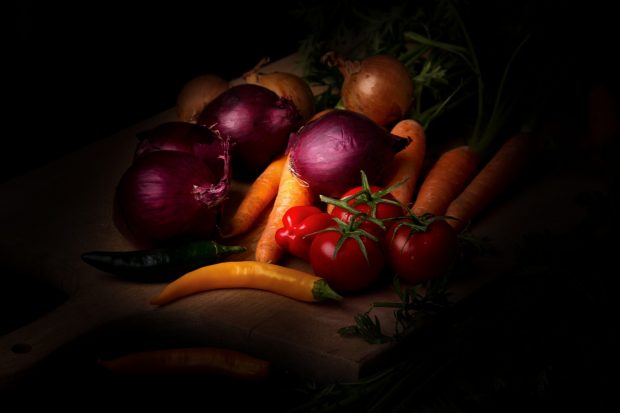
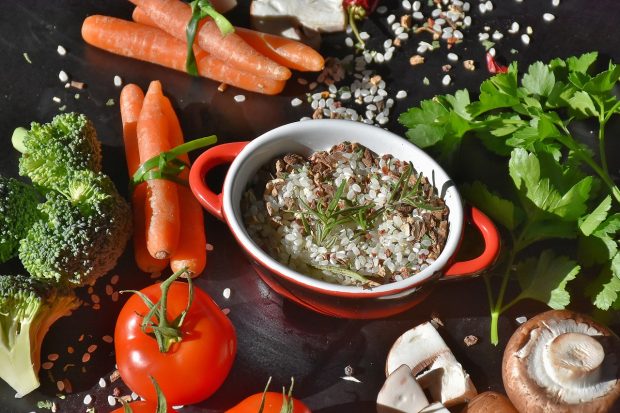
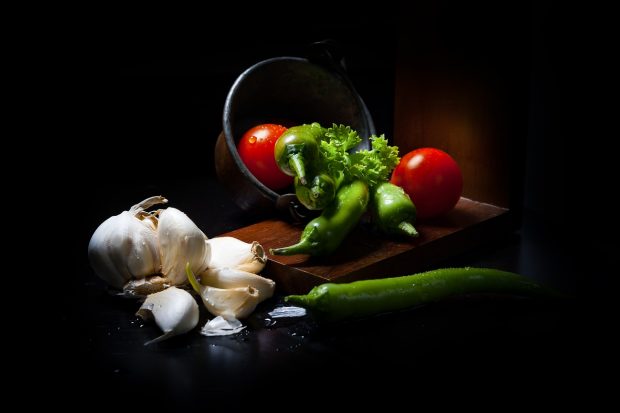
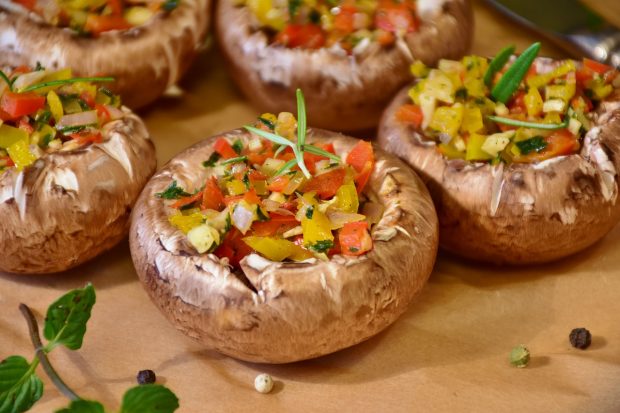
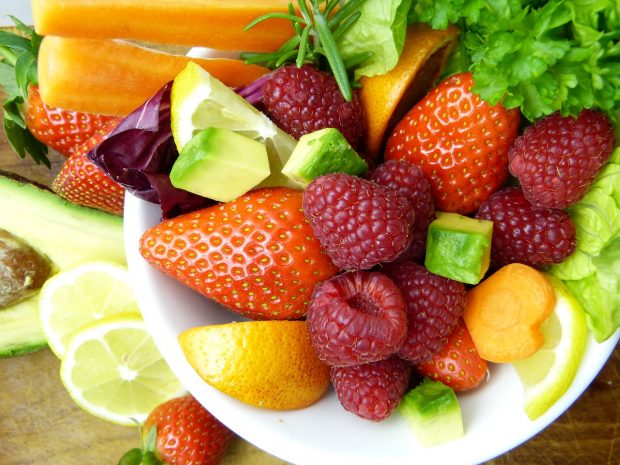








0 comments:
Post a Comment